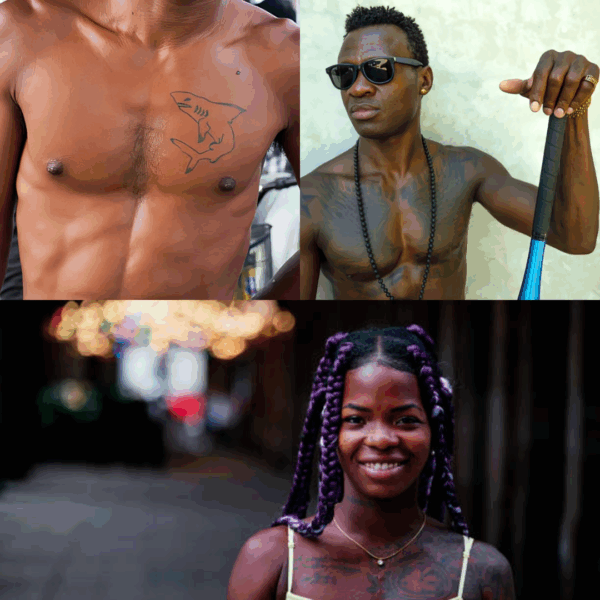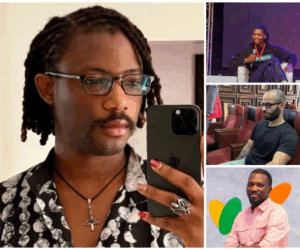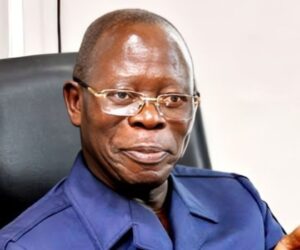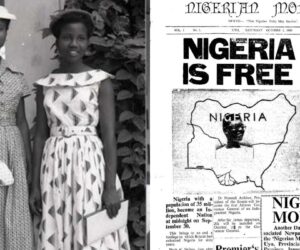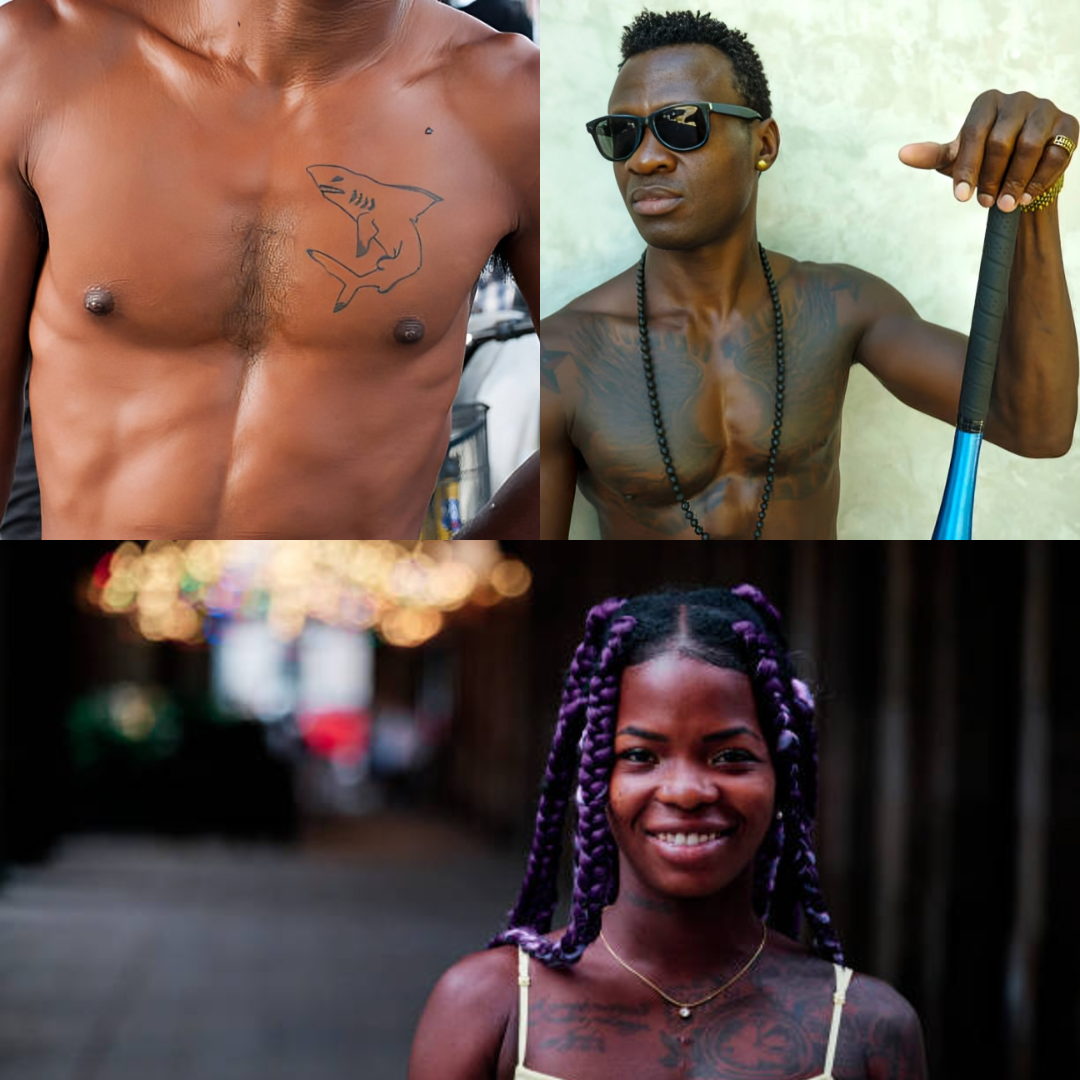
Tattoos in Nigeria often spark strong reactions. For some, they represent rebellion, modernity, or art. For others, they are tied to cultural taboos, religion, or even crime. Yet beneath these surface-level judgments lies a deeper, more fascinating story.
Tattooing in Nigeria is not merely a borrowed Western trend; it has a history, an evolving culture, and a unique place in how young Nigerians express identity today.
Here are five things you probably didn’t know about tattoo culture in Nigeria.
1. Tattoos Have Ancient Roots in Nigerian Traditions
Long before the buzz of tattoo machines and celebrity ink, body markings were part of Nigeria’s cultural heritage. Different ethnic groups used scarification and symbolic tattoos for identification, rites of passage, or spiritual protection.
Among the Yoruba, specific markings signified family lineage, while in some Northern communities, tattoos were believed to ward off evil or symbolise bravery. Although modern tattooing has taken a more globalised form, it still echoes the old tradition of using the body as a canvas for meaning.
2. Religion and Tattoos Remain a Contentious Pair
Nigeria is deeply religious, and this shapes perceptions of tattoo culture. Many Christians and Muslims associate tattoos with sin, vanity, or disobedience to God.
This moral lens has often made tattoos socially stigmatised, with those who wear them facing judgement from family or even difficulty in employment.
Yet, younger generations are increasingly using tattoos to express their faith, whether through Bible verses, Quranic inscriptions, or symbols of spirituality. For many, ink has become a personal rather than a public declaration.
3. Tattoos Are Tied to Music and Street Culture
The explosion of Afrobeats and hip-hop in Nigeria has fuelled a new wave of tattoo acceptance. Artists like Burna Boy, Wizkid, and Olamide showcase their ink unapologetically, linking tattoos to confidence, fame, and creativity.
On the streets, tattoos have become a form of resistance, a means of declaring individuality in a society that often values conformity. This fusion of music, fashion, and body art is shaping how tattoos are viewed among Nigerian youth, blurring the line between taboo and trend.
4. There Is Still a Strong Stigma Against Tattoos
Despite their growing popularity, tattoos are far from universally accepted. In some communities, tattoos are linked to crime, gangs, or irresponsible living. A young person with visible ink may be stereotyped as wayward or rebellious, regardless of their true character.
Parents often disapprove, and corporate environments may look down on heavily tattooed employees. This tension means that many tattoo lovers in Nigeria either keep their ink discreet or wear it boldly as an act of defiance.
5. Nigerian Tattoo Artists Are Gaining Global Recognition
The tattoo scene in Nigeria has grown quietly but impressively. Skilled artists in major cities like Lagos, Abuja, and Port Harcourt are pushing boundaries, creating intricate designs that rival those in London or Los Angeles.
Social media has given them a platform, connecting them with clients across the world and reshaping Nigeria’s reputation in the tattoo community.
Beyond artistry, these tattooists are building a culture —one that blends Nigerian creativity with global techniques and is slowly dismantling the myths surrounding tattoos.
Tattoo culture in Nigeria is multifaceted, complex, and continually evolving. It carries the weight of tradition, the pushback of religion, the rhythm of music, and the defiance of youth. To some, tattoos remain taboo, but to others, they are a declaration of freedom, art, and identity.
What was once dismissed as rebellion is now finding a place in Nigeria’s broader cultural conversation. Tattoos may still divide opinion, but one thing is sure: they are no longer just ink on skin; they are stories etched into a new generation.

